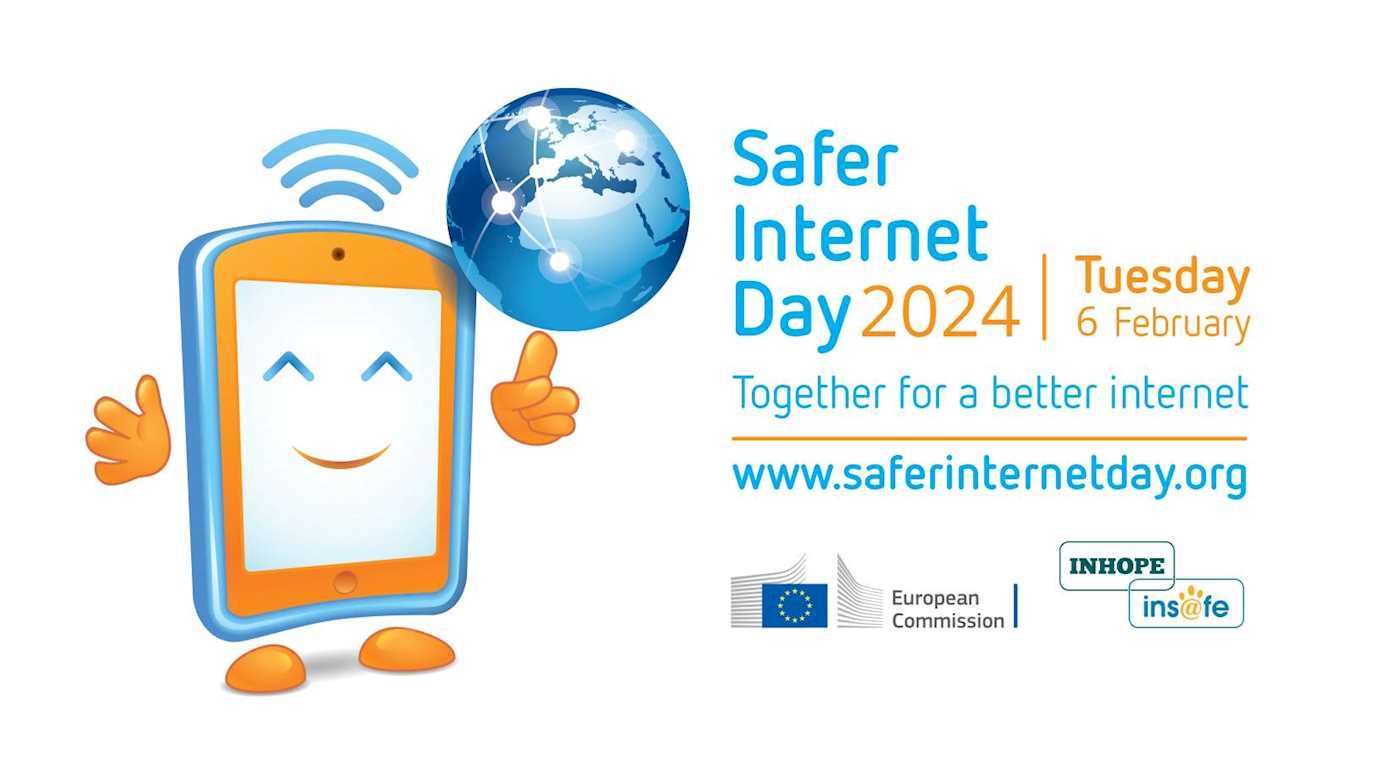As part of Safer Internet Day, Dr Aislinn O'Connell from the Department of Law and Criminology at Royal Holloway, University of London offers three tips for staying safe online.

Safer Internet Day 2024 takes place on Tuesday 6th February, with the aim of creating a safer and better internet for all – particularly for children and young people online.
A yearly event, the day encourages everyone from young people and parents to teachers and policymakers, to work towards making the internet a safer place to navigate for children and young people.
Dr Aislinn O’Connell is a Senior Lecturer in Law at Royal Holloway, University of London. Here are her top tips for staying safe online:
Know who you’re talking to
Before sharing information about yourself, or about other people, you should make sure to double check who you’re talking to. Not everyone online is who they say they are and not everyone online is as trustworthy as you might hope.
If you receive a message from someone you know, but it’s from a different account or phone number, always double check the contact is who they say they are. Be extra vigilant when exchanging money or goods over the internet to people you’re unsure of.
Think before you click
There are a lot of scammers out there and a lot of them often look really convincing! Before you enter any card or bank details into a website, check that the URL looks correct in the address bar.
Make sure that you’re able to access the page without going through three or four ‘redirections.’ Be sure to look out for the padlock icon in your browser’s address bar to check the site is encrypted and your details can’t be stolen.
Know your rights
There’s been a number of changes – both additions and amendments – to the Online Safety Act and many of these came into effect on 31st January. Don’t forget that these amendments are designed to protect you.
If someone is threatening to share an explicit image of you, or if they’re sending you an image that is designed to cause you distress, you can go to the police. Or, if you’d rather, you can reach out to some of the fantastic charities that provide support to people experiencing online abuse.
























